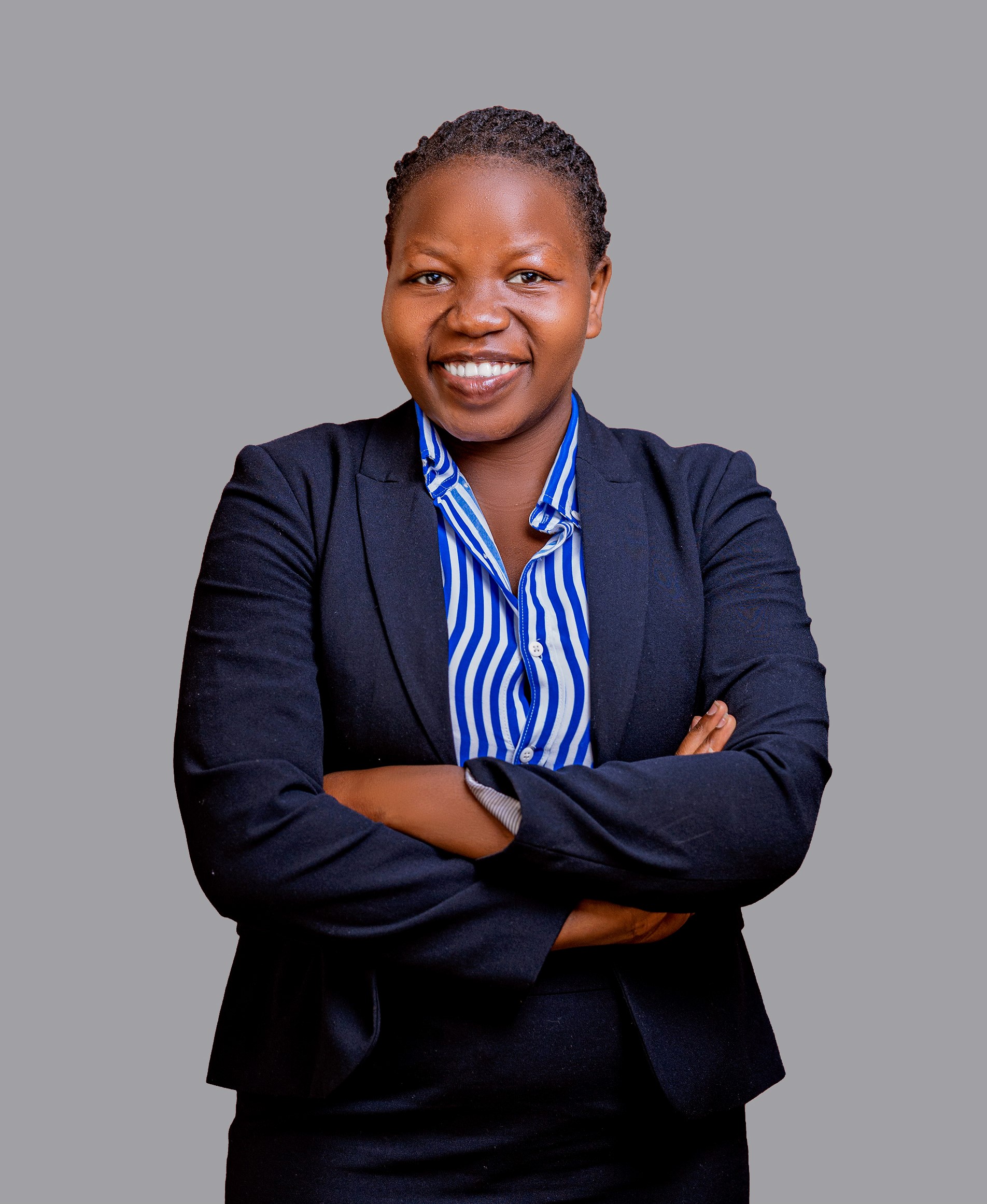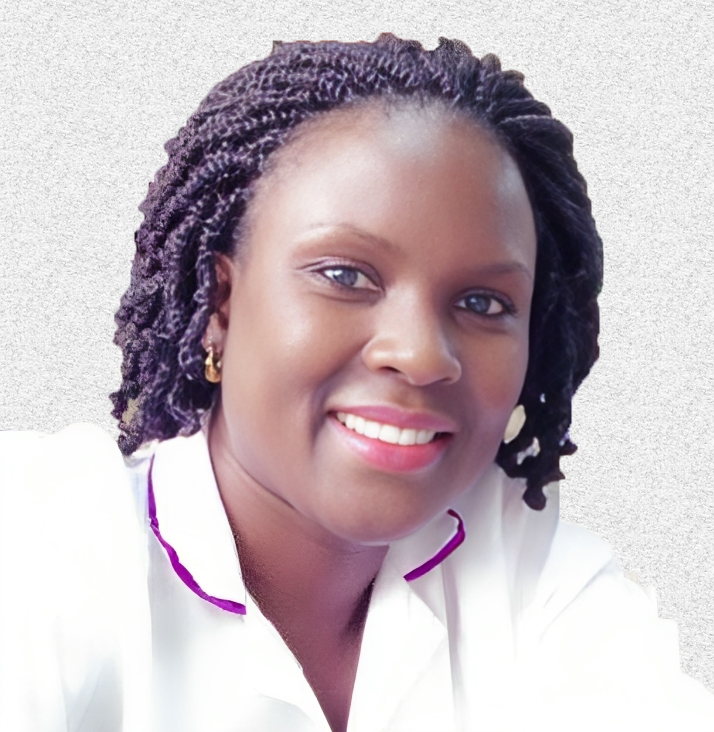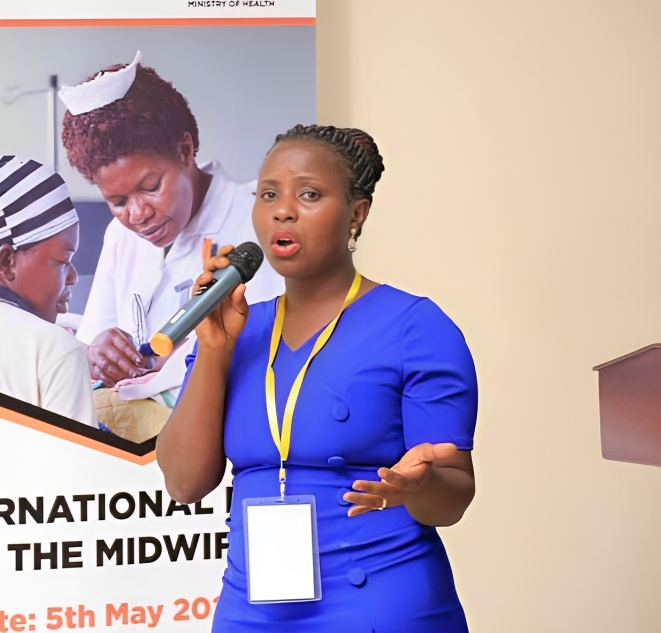By Grace Awilli
In a parliamentary plenary session on November 23, 2022, the Minister of Gender, Labour, and Social Development passionately addressed the floor, commemorating the 16 days of activism against Gender-Based Violence (GBV). Despite the minister’s optimistic portrayal of government actions against GBV, the stark reality, as revealed by the National Survey on Violence Against Women (2021) and the Uganda Police Annual Crime Report for 2021, painted a distressing picture. An alarming 95% of respondents reported experiencing physical or sexual violence, and 16,242 cases of GBV were reported in the same year.
This fragility in GBV prevention and response efforts, showed an escalation in cases, particularly of teenage pregnancies and child marriages.
During parliamentary debates, Members of Parliament demonstrate fervent commitment by passionately voicing their concerns and the pressing need for the passage of pivotal bills, such as the Sexual Offences Bill, emphasizing their profound potential to address the pervasive issue of gender-based violence (GBV). The recognition of the bills’ significance in the fight against GBV reflects a collective acknowledgment of the legislative tools required to combat this societal challenge.
The importance of awareness creation regarding GBV emerges as a recurring theme, resonating with various stakeholders. Their collective emphasis underscores a shared understanding of the role education and advocacy play in fostering a culture of intolerance towards GBV. This recognition suggests a united front in promoting societal consciousness as an integral component of a comprehensive strategy to eradicate gender-based violence.
While the Ministry of Gender has championed laws such as the Domestic Violence Act and male engagement strategies, implementation remains a significant hurdle. The legal and policy framework aligns with international standards, but the non-implementation of these laws, policies, and strategies is the primary challenge. Government institutions tasked with GBV prevention lack resources, hindering their effectiveness.
The Child and Family Protection Unit of the Uganda Police Force, for instance, operates without a dedicated budget line, relying on district police leadership and partners for support. At the local government level, the under funding of the community services department, responsible for GBV data collection and non-state actor coordination, further impedes progress.
Critical to the resolution of the GBV challenge is a gender-sensitive justice system, essential for victim protection and holding abusers accountable. Unfortunately, Government institutions that are at the forefront of GBV prevention and response are constrained by limited resources and as a result, GBV prevention and response has substantially been left to Non-Governmental Organisations, which poses significant dangers.
It is crucial for the government to allocate adequate financial resources to ensure the effective implementation of existing legal and policy frameworks. As evidenced by the ownership and management of GBV shelters predominantly by civil society organizations, NGOs play a vital role in providing comprehensive care and support to victims.
Measures such as promotion of a gender-sensitive justice system, coupled with the passage of Witness Protection and Legal Aid laws, will protect vulnerable survivors during trials and ensure access to free legal support. The Parliament, in its legislative and appropriation function, can be the driving force behind these changes, ultimately improving GBV prevention and response in Uganda.
Concerted efforts to address the root causes of gender-based violence for a safer and more equitable society will go a long way in addressing GBV in our communities.
The writer is a lawyer at the Center for Health, Human Rights, and Development.





